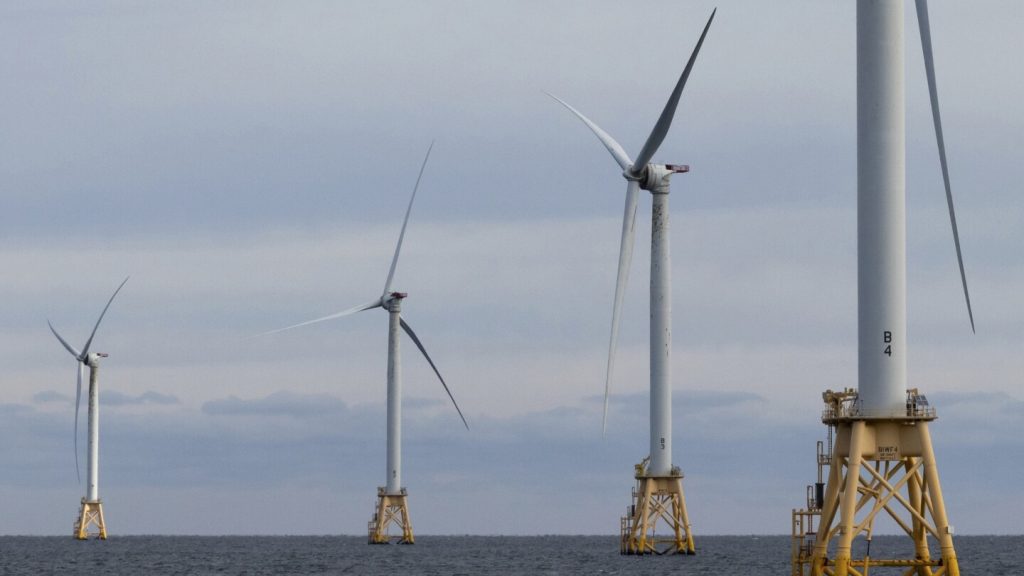The Biden administration is pushing for clean energy initiatives and major offshore wind projects as President Joe Biden aims to solidify his climate action legacy before his term ends. Energy Secretary Jennifer Granholm emphasizes the importance of clean energy incentives benefiting all areas of America, especially those that have been economically disadvantaged. Vice President Kamala Harris is committed to continuing Biden’s climate agenda, focusing on reducing emissions, deploying renewables, and creating clean energy jobs. Major environmental grants and project approvals have increased in recent months as the administration races to fulfill promises to promote clean energy and combat climate change.
The Environmental Protection Agency has made $20 billion available for clean energy projects, while the Bureau of Ocean Energy Management has approved the nation’s 10th large offshore wind farm and is halfway towards Biden’s goal of 30 gigawatts of offshore wind energy by 2030. The Energy Department has made several billion-dollar announcements, including investments in battery manufacturing projects and a loan to restart a nuclear plant. Biden is also seeking to fund projects approved under the bipartisan infrastructure law and the 2022 CHIPS and Science Act to support various sectors and industries in the United States.
Energy experts believe there is a sense of urgency to finalize energy transition benefits before the end of the year, with federal agencies actively working to implement clean energy programs. Biden’s climate legislation aims to reduce greenhouse gas emissions by about 40% by 2030, putting the U.S. on track to meet targets in the Paris climate accord. A new analysis suggests that if former President Trump were to return to office, he could slow the transition from fossil fuels and alter the trajectory of the energy transition significantly. Trump’s policies are projected to raise emissions by about 12% by 2030, compared to the emissions reductions under Biden’s administration.
The U.S. is the world’s second-largest emitter of carbon dioxide, and Biden’s policies have led to a decrease in emissions, while Trump’s policies caused emissions to rise. Clean energy projects continue to be implemented across the country, with significant investments and job creation in Republican congressional districts despite GOP opposition to the legislation. To sustain the benefits of clean energy initiatives, it is vital for the U.S. to commit to them across election cycles and through different administrations. Advocates emphasize that clean energy is beneficial for communities nationwide, regardless of political affiliations, and should be sustained regardless of electoral outcomes.
The push for clean energy and climate initiatives remains a top priority for the Biden administration as they work to secure a cleaner and more sustainable future for the country. By investing in clean energy projects, reducing emissions, and creating new job opportunities, the administration is striving to leave a lasting impact on the environment and economy. The upcoming presidential election will play a crucial role in determining the future of these initiatives, with potential changes in policies that could either accelerate or slow down the transition to clean energy in the U.S.


